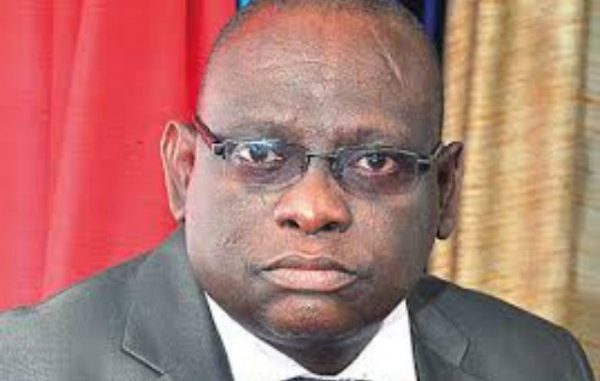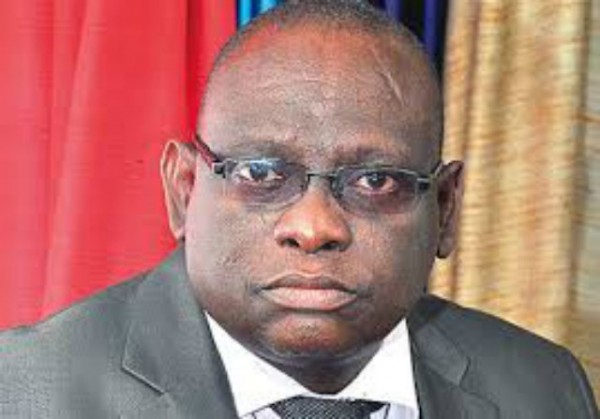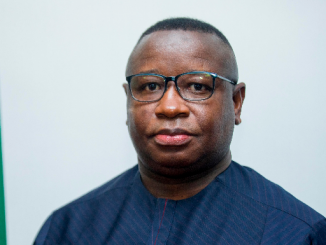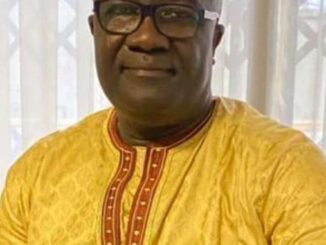
By Dr. Gbade Ojo
Nigeria is at a cross-road in terms of insecurity of lives and properties. The citizenry, both low and high, now live in perpetual fear of the unknown. Much as night movements bear high risks, daylight attacks and mass killings seem to be bringing Nigeria’s post-colonial state to its knees. More than anything else, the greatest obstacle to the nascent democracy is the pervasive insecurity of lives and properties as evidenced by the spate of armed robbery attacks, assassinations – both political and criminal homicide – ethnic and religious conflicts with the latest addition of the Fulani herdsmen spreading like bush fire coupled with the seemingly helplessness of the security agencies to handle irredentist claims by the ‘Biafrans’.
However, the increasing number of unemployed Nigerians, as a result of the financial crunch, seems to have made our youths ready recruits for criminal activities.
It is apposite to emphasise the fact that insecurity is not restricted to a region or clime of the world. Keen observers will agree with me that insecurity has assumed global dimension. The world is gradually getting to the point of being at a cross-road too in terms of new waves of insecurity. Global citizens, both high and low, live in perpetual fear of the unknown. More than anything else, the greatest obstacle to global peace and tranquility is the pervasive insecurity of lives and properties as evidenced by the onslaughts of terrorists.
The focus here is a perception of Nigeria as an actor in the international system; more so that reasons for insecurity along with the magnitude may differ from one country to another.
One of the challenges faced by the security sector in the country is brazen corruption. While the primary responsibility of any government at whatever level and in all regions and climes of the world is security of lives and properties, it is sad to note that the Nigerian system is encumbered by corruption in all ramifications and virtually all strata of the concerned agencies.
It is sad that insecurity borne out of corruption has become a cankerworm in Nigeria. Police officers and personnel could not be trained regularly while they lack operational vehicles. The irony of it all is that annually fat portion of the budget is allocated to both the military and the police. But such allocations are drained away almost immediately they are appropriated. It is, however, imperative to cooperate with and commend the present Federal Government for being bold enough to take on corruption war head long. Undoubtedly, the levels of both technological and economic developments of the society have a kind of inverse relationship with security. Developed societies of the world fight insecurity with technology in contemporary times. If a society is backward, it becomes pretty difficult to fight crime and corruption. Insurgents, freedom fighters and miscreants have gone hi-tech to the extent that without technology the state may be incapacitated confronting them.
Also, contemporary Nigeria is a plural and deeply divided society with well over 300 ethnic groups. Some of the ethnic conglomerates are far larger than some West African countries. The snag, however, is that the ethnic matrix in Nigeria is so unique that it has created unique problems unknown to the experience of other people in the world. A scholar, Onwujeogwu noted that ‘no Western or Eastern civilisation has ever evolved a political system that has ever coped with these gigantic problems of hyper-ethnic instability syndrome!
It is ludicrous to note that hate speeches by politicians are no doubt an incitement to the citizenry against one another. This is another veritable source of security challenge. If we are not our brothers’ keepers, we shall be compounding the challenge of insecurity in the country. Hate speeches are capable of inciting members of the public to violence and ethnic disharmony the emergence of social media is not helping matters too as it is so abused to the detriment of national integration.
It is not sufficient to identify the challenges of security without as a matter of duty proffering a number of panaceas to the problem. To start with, the current number of policemen vis-à-vis national population is nothing to write home about. Though, Federal Government is making efforts to recruit additional 10,000 men and officers into the Nigeria Police, but this is tokenism as the total figure after recruitment may still be infinitesimal! The UN recommendation of the ratio of the number of citizens to a policeman is attainable. Federal Government should perhaps double the number of new recruits so that the stress on the Police as it is now may be reduced. Be that as it may, the police are in need of motivation for the organisation to be effective. The current situation of police stations and military barracks across the country should be improved upon while something positive should happen to their condition of service such as: life assurance policy, timely payment of death gratuity and pensions.
Furthermore, the media too, both print and electronic, are required to play positive roles by engaging in developmental journalism. How? In a plural and deeply divided society like Nigeria, the media should downplay centrifugal tendencies to hasten the process of national integration.
The National Youth Service Corps (NYSC) is a veritable avenue to enlighten the youth on the imperatives of national security. Security agencies may have to develop tips for the young graduates on personal and community safety. This may be coupled with social welfare programmes by all tiers of government. An idle hand is the devil’s workshop so they say. Keeping able bodied people busy could dissuade them from becoming security risks.
- Dr Ojo is the Chief of Staff to the Oyo State Governor.




